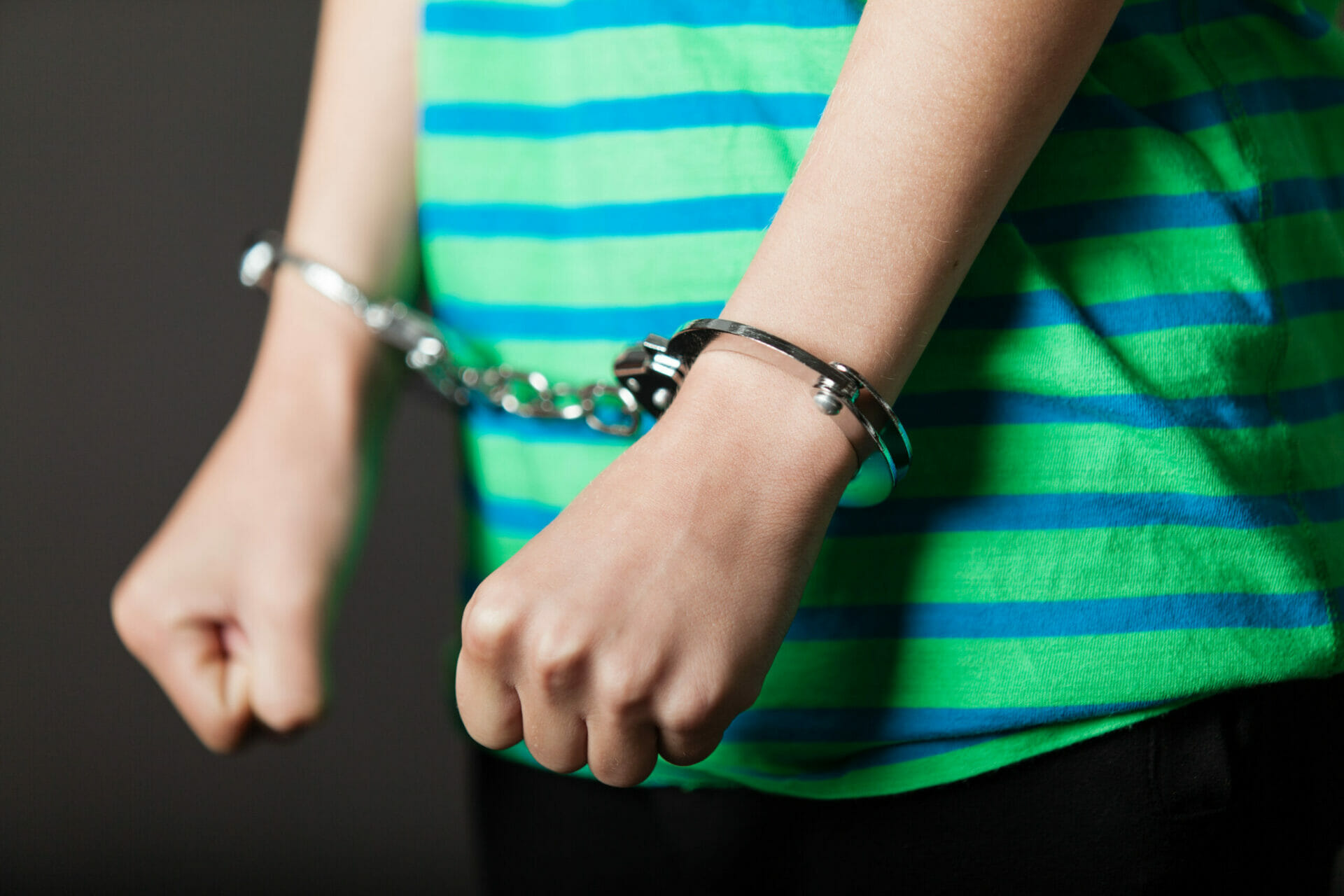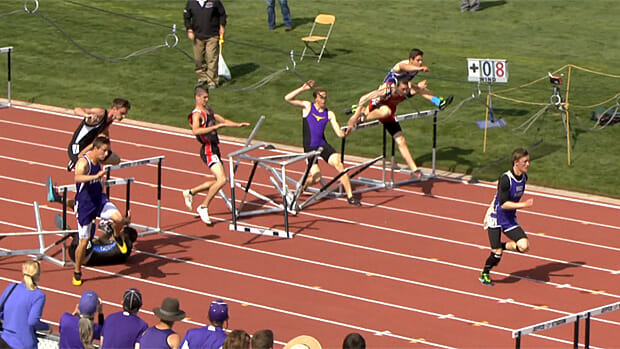
When an offender is younger the age of 18, they are often tried differently than adults. Depending on the defendants circumstances, charges can vary. A lot of decisions are based on the crime committed and the circumstances the defendant is coming from. For example, if the juvenile offender comes from abuse or neglect, judges will often take this into consideration. In the case of very serious crimes, offenders may be charged as adults. Overall, every case is sensitive to the details that surround the crime and penalties lie on the judge’s discernment.
When minors get in legal trouble, officers will often call the parents without going through the process of bringing the child to the station. Charges will still be pressed, even if they are taken home immediately. If the child is a repeat offender, it is likely that the officer will take them to a detention facility.
Because most juvenile offender cases have court hearings soon after the arrest, bail is typically not an option. Hearing for underaged criminals are a bit different than those for adults. Minors do not have the right to a jury, so the judge often deciphers whether the defendant is guilty on their own. Courtrooms are typically closed for cases such as these, unless in the case of a felony charge.
It is rare, but juveniles can be tried as adults if the case is weighty enough— if the defendant is 14 or younger, it is very unlikely, but serious felonies by anyone who is 16 or older tend to be treated as adult cases. Juvenile criminal cases are very case-by-case and are largely dependent on the crime, defendant’s background, and discernment of the judge. More information on how Texas handles juvenile offenses can be found here.
To learn about the process of different cases, click here. If you wish to speak with someone on our AA Bail Bonds team, contact us today.





